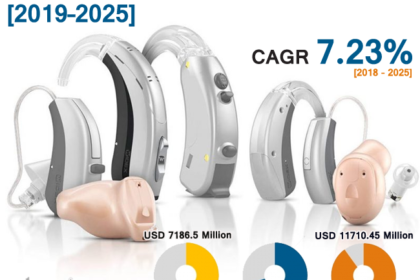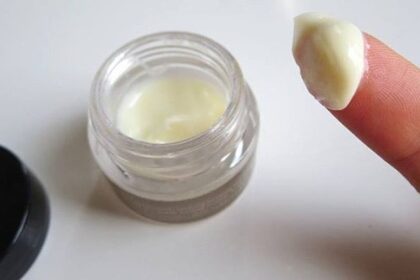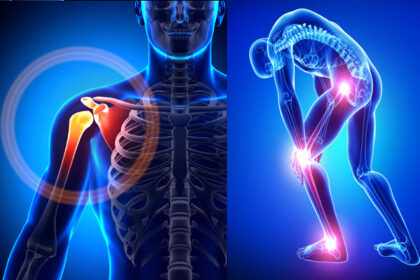A study was recently undertaken to confirm if fecal transplants alleviated symptoms of IBS or irritated bowel syndrome as it is better known. This study stood out from all prior similar studies in the fact that the fecal transplant was obtained from a ‘super donor’.
‘Super donor’ was a term given to selected candidates who fulfilled certain criteria in this context. They were healthy, non-smokers, followed a well-balanced diet, were fed on breast milk, did not require medication on regular basis and had consumed antibiotics on very limited occasions. The fecal transplants from such donors appeared to have a positive impact on the gut microbiome of people with IBS.
The study involved undertaking a huge randomized double-blind placebo controlled trial. 164 patients afflicted with severe to moderate symptoms were chosen and all details of their symptoms were noted. Patients were randomly chosen to receive any one of the three solutions; the first included 30 grams comprising feces of their own self, the second included 30 grams of feces obtained from a super donor and the third included a similar solution but weighing 60 grams.
Patients were checked for their symptoms on completion of three months. 23.6% of the placebo group disclosed moderate level improvement in symptoms, while percentage of people reporting moderate improvement levels in the higher dosage group and lower dosage group stood at 89.1% and 76.9% respectively.
Additionally remission of symptoms was observed in about 47.3% of patients in higher dosage group and corresponding percentage for the lower dosage group stood at 35.2% and touched 5.5% for the placebo group.
The researchers checked again for the symptoms after completion of a year. The positive improvements remained in almost 95% of the patients who had responded earlier. Though the findings were heartening, identifying a super donor definitely posed a problem, opined experts. This was because there was no difference in the microbiome of healthy people and those afflicted with IBS.





